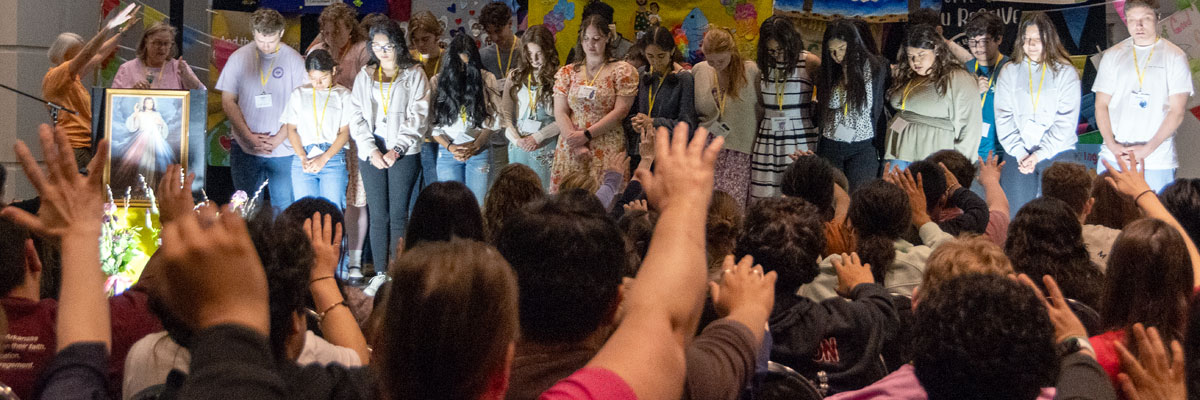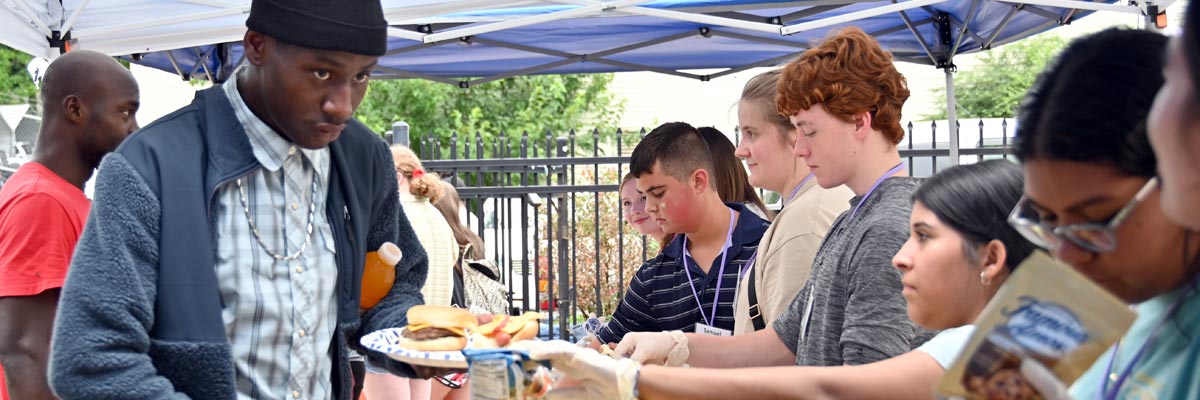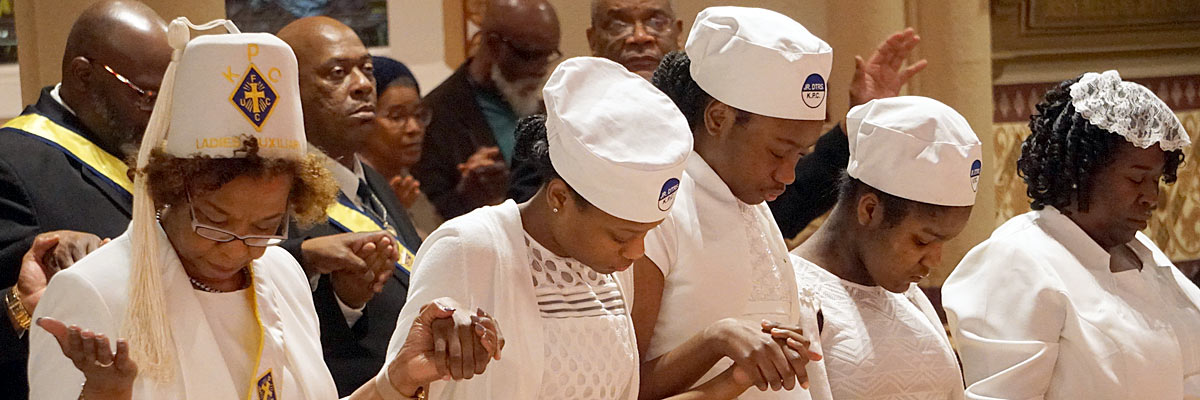Official Website of the
Catholic Diocese of Little Rock
Fifth Sunday in Ordinary Time, Year A
Published: February 4, 2017
Bishop Anthony B. Taylor preached the following homily during a Mass of farewell to Father Chinnaiah Irudayaraj Yeddanapalli (“Father Y.C.”) at Our Lady of Fatima Church in Benton on Saturday, Feb. 4, 2017.

Bishop Taylor
Think for a moment of your favorite foreign cuisine. Since this is Father Y.C.'s farewell, I'll point out that Indian food is one of the best! One thing that the great cuisines of the world have in common is that they use spices, which serve not only as flavor enhancers, but also as preservatives — that's why Indian food is so spicy.
Before refrigerators were invented, the main preservatives were salt, spices, vinegar and smoke. Food would spoil quickly if left unseasoned. Indian food uses lots of spices, both to preserve the food and to enhance its flavor.
Today’s Gospel says that we are the salt of the earth. Salt was the main spice used in Jesus’ time. His meaning is that just as salt keeps good food from spoiling, so we have a role in keeping the world from slipping into decay.
We are to be the salt of the earth: to preserve and protect and build up our world — both materially and spiritually, within the Church and in society. We do this by proclaiming the Gospel of Life and the intrinsic worth of the human person from the first moment of conception to natural death.
And since salt preserves the food in a way that also enhances its flavor, so we are to preserve and protect the world in way that enhances our world — brings out the best in it, while at the same time correcting the flaws in the world.
Jesus adds that if the salt loses its flavor, it is not good for anything other than to be thrown out. You might think it strange to think of sodium chloride losing its flavor. Salt is a stable chemical and the salt we buy at the store never goes stale. But that was not true in the ancient world.
Their salt contained chalk and other impurities. Sometimes the humidity would leach the salt out of this chalky powder, with the result that what was left retained no salt at all. So also, Jesus suggests, if our dedication to bringing out the best in the world is leached out of us, then we’re not good for much. Just as the useless powder is thrown out, so the useless disciple risks being discarded.
And just as good food that spoils for lack of salt must be thrown out, so our good world risks spoilage and moral decay for lack of sufficient dedicated disciples. We recall this today as we bid farewell to Father Y.C. who is taking up bigger responsibilities at St. John Parish in Hot Springs and as we thank God for his 25 years of faithful priestly ministry.
One of the things Father Y.C. has taught you during his service here is that each of you has something to contribute. Indian food takes the most improbable ingredients, most of which are indigestible by themselves, and blends them in such a way that the contribution of each spice enhances the flavor of the dish as a whole.
Who wants to eat ginger by itself? Or coriander? Or turmeric or garlic or salt by itself? But combined with tomatoes, oil and Jalapeños and you have a great sauce for fish curry — one of Father Y.C.'s favorites … a sauce that would not be nearly as good if even one of ingredient were missing.
So also in the Church. We are to be the salt of the earth: to preserve and protect and build up our world — both materially and spiritually, within the Church and in society. We do this by proclaiming the Gospel of Life and the intrinsic worth of the human person from the first moment of conception to natural death.
And we do this by raising our voices in opposition to other manifestations of the culture of death that have surfaced prominently over the course of this last year: demeaning and degrading references to women in the presidential campaign that are apparently still acceptable to many Americans; threatening rhetoric demonizing undocumented immigrants — including those who came here innocently as children; fear-mongering against Muslims; insults against ethnic and racial minorities; people who struggle with same-sex attraction; anyone who can be marginalized and mocked put down because they are different, including people we don't agree with, but whose human dignity we must defend.
We do this by working to build bridges of understanding and reconciliation and peace. In so doing, we work to enhance our world and remedy its flaws.
Together in Jesus, whose Body and Blood we eat in the Eucharist — the greatest cuisine of all — we too, united to Jesus and each other as the mystical body and blood of Christ active in the world today, we too, in him, have the ability not only to be a great cuisine, but to be in fact the very thing most needed in our world today! The salt of the earth and the light of the world.









